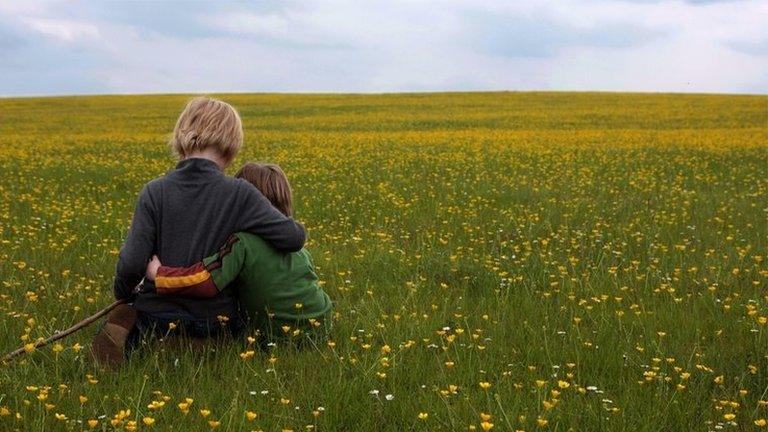David Cameron bids to speed up adoption process
- Published
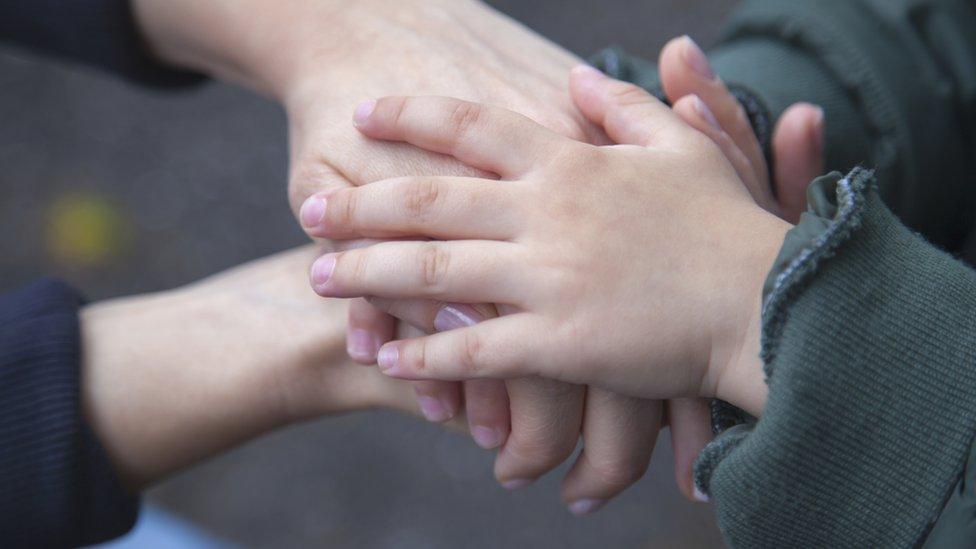
Children should be placed in loving homes as soon as possible, says Mr Cameron
Prime Minister David Cameron wants to increase dramatically the number of children currently in care who move in with their adoptive families before the required legal work is completed.
Some 10% of adopted children are already placed with families early, according to his office.
But Mr Cameron wants these numbers to double as soon as possible.
Town hall bosses said it was also "vital" to address court delays and speed up legal proceedings.
The prime minister said too few councils were using early placement schemes and doubling the numbers would see 500 more children settled in new homes sooner.
The same set of figures suggests 68 of England's 152 local authorities have no early placements ahead of adoption, say officials.
And he added: "I want to make sure that we do everything we can so children are placed in a loving home as soon as possible."
'Real progress'
Mr Cameron's statement means all councils are now required to reveal how many children go to live with their adoptive families early.
These schemes can cut by half the time families have to wait for the legal process to be completed, ministers believe.
"It is a tragedy that there are still too many children waiting to be placed with a loving family. We have made real progress but it remains a problem," said Mr Cameron.
Children's Minister Edward Timpson: "We think councils can do much better."
The government also plans tougher regulations to ensure councils carry out stringent assessments on special guardianship orders, where children go to live with relatives.
This is to avoid the risk of children being placed with "distant unsuitable relations they have never met", in the words of the announcement by the prime minister's office.
The announcement also includes plans to boost regional adoption agencies where councils merge to give children access to up to 10 times as many prospective adopters.
So far 140 councils have announced plans to merge, but the government says it will intervene to ensure they are all included by 2020.
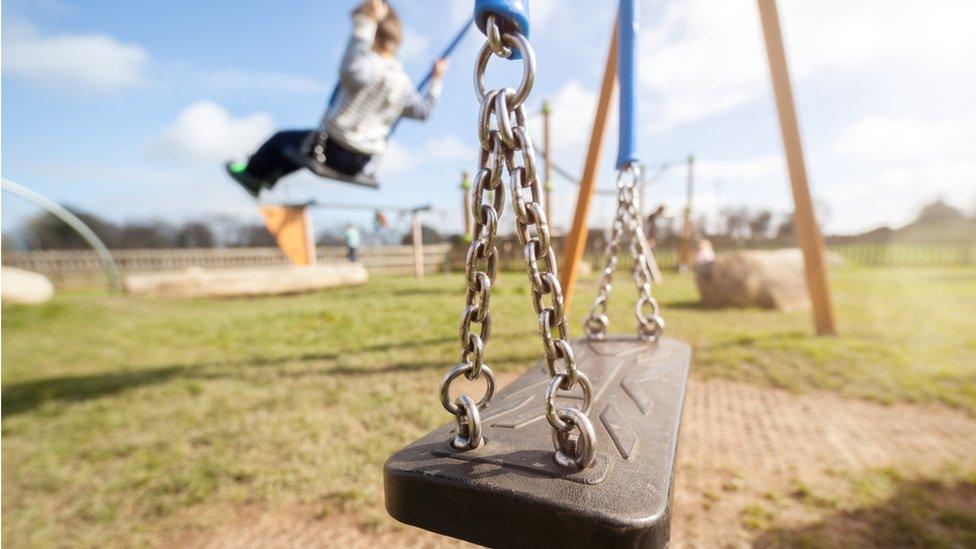
Adoption rates fell back after court rulings said councils should also consider other options
Adoption organisations welcomed the plans.
"For vulnerable children who have been taken into care, there is nothing more beneficial than being placed as early as possible with a loving family," said Carol Homden, chief executive of the Coram children's charity.
Adoption UK chief executive Hugh Thornbery said any initiative that placed children in a secure family setting without unnecessary delay was clearly in children's best interests.
But he warned families needed ongoing support once the process was complete.
"What is missing from today's announcement is a guarantee of future funding for therapy to support adopted families," he said.
The Local Government Association said councils were already merging and streamlining services to boost adoption rates and cut delays.
"Locally-led initiatives are far more effective than centrally-imposed structures and processes, and it is encouraging that central government is continuing to support the excellent work that is under way across the country," said Roy Perry, chairman of the LGA's children and young people board.
"But a focus on social work practice is only one part of the solution, and it is vital that court delays are also addressed and legal proceedings sped up if we are to continue to provide much-needed homes for children."
But adoption is not right for every child, warned Mr Perry.
"Local and national government must continue to strive to improve the experience of all children in care, whether they are being looked after by friends or family, in foster care or a special guardianship arrangement, or in residential care."
Adoption rates rose after initiatives by the last government, but fell back after several court judgements said local councils needed to consider all options such as placements with birth relatives, before seeking adoption.
- Published2 November 2015
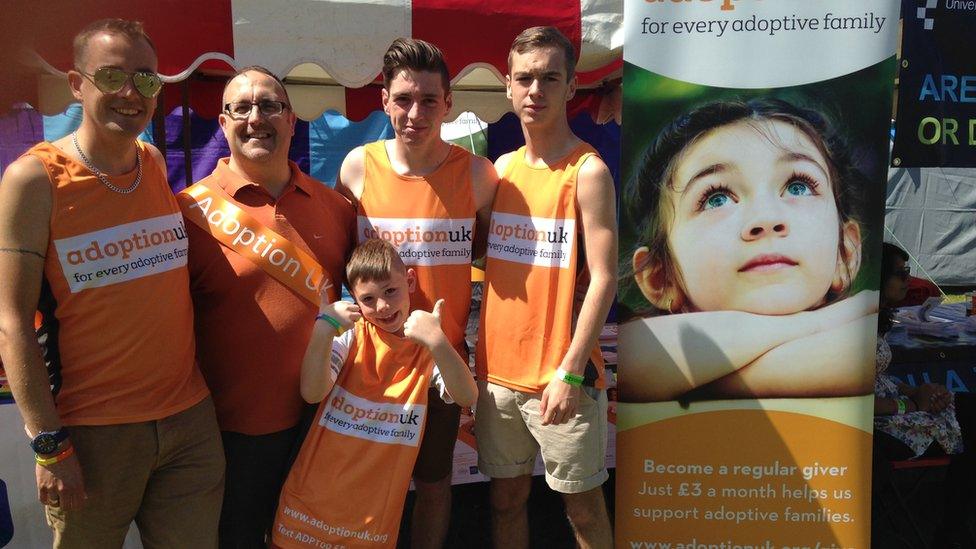
- Published2 November 2015
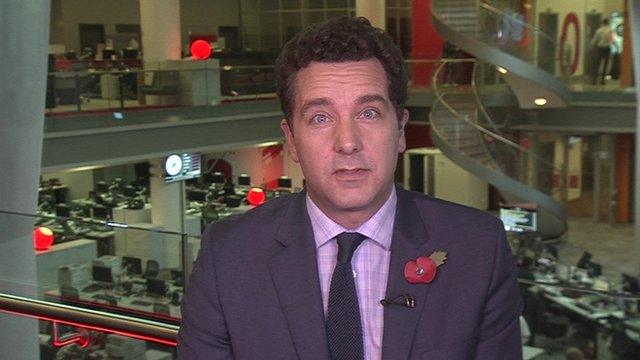
- Published23 May 2015
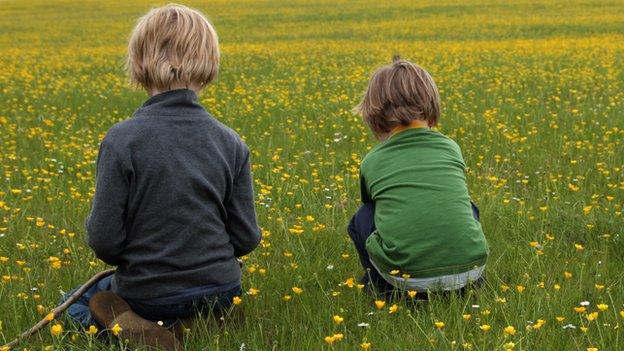
- Published22 May 2015
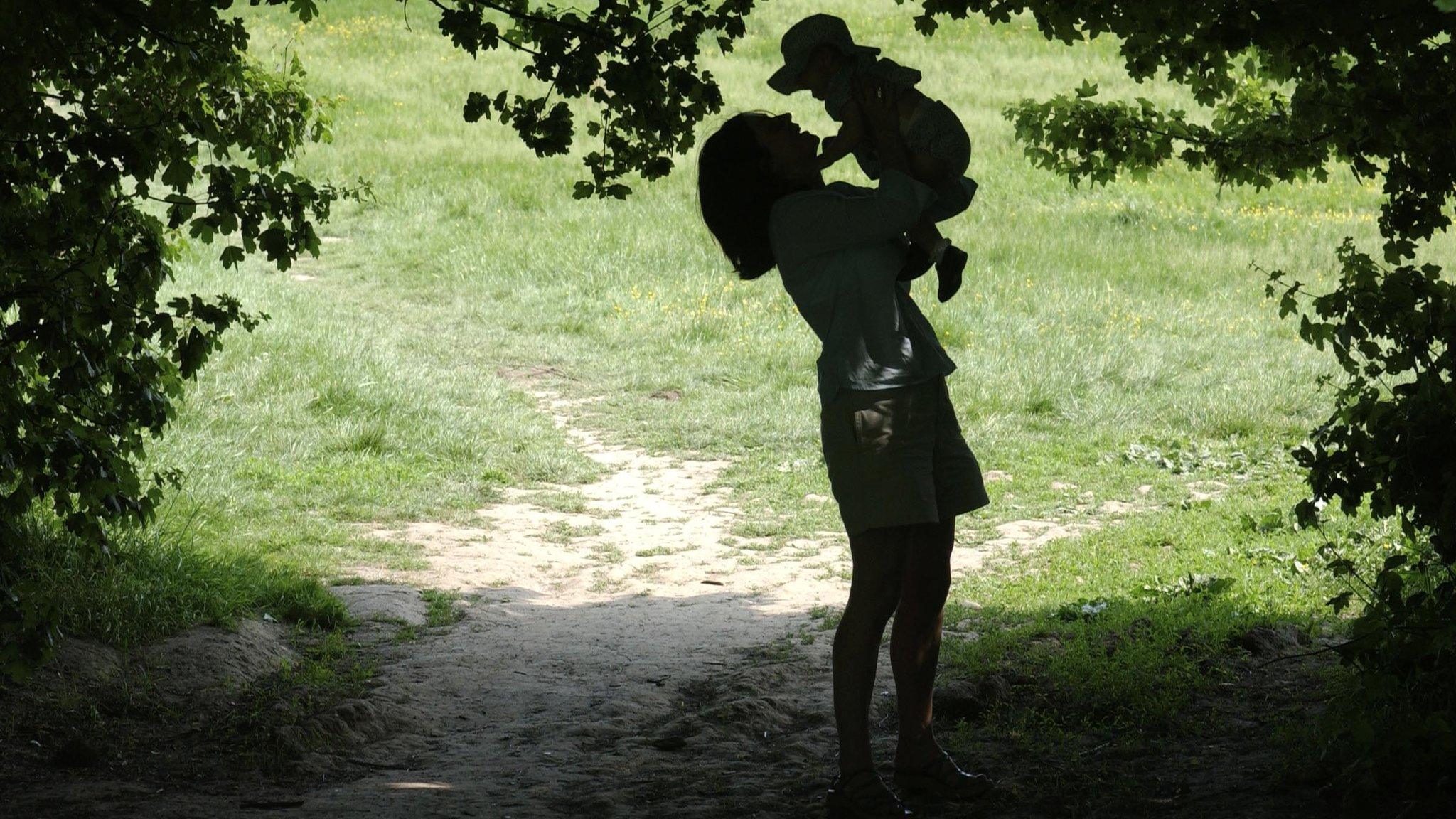
- Published13 May 2015
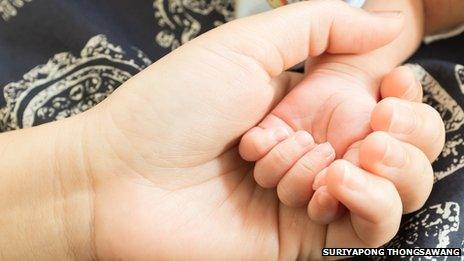
- Published26 September 2013
